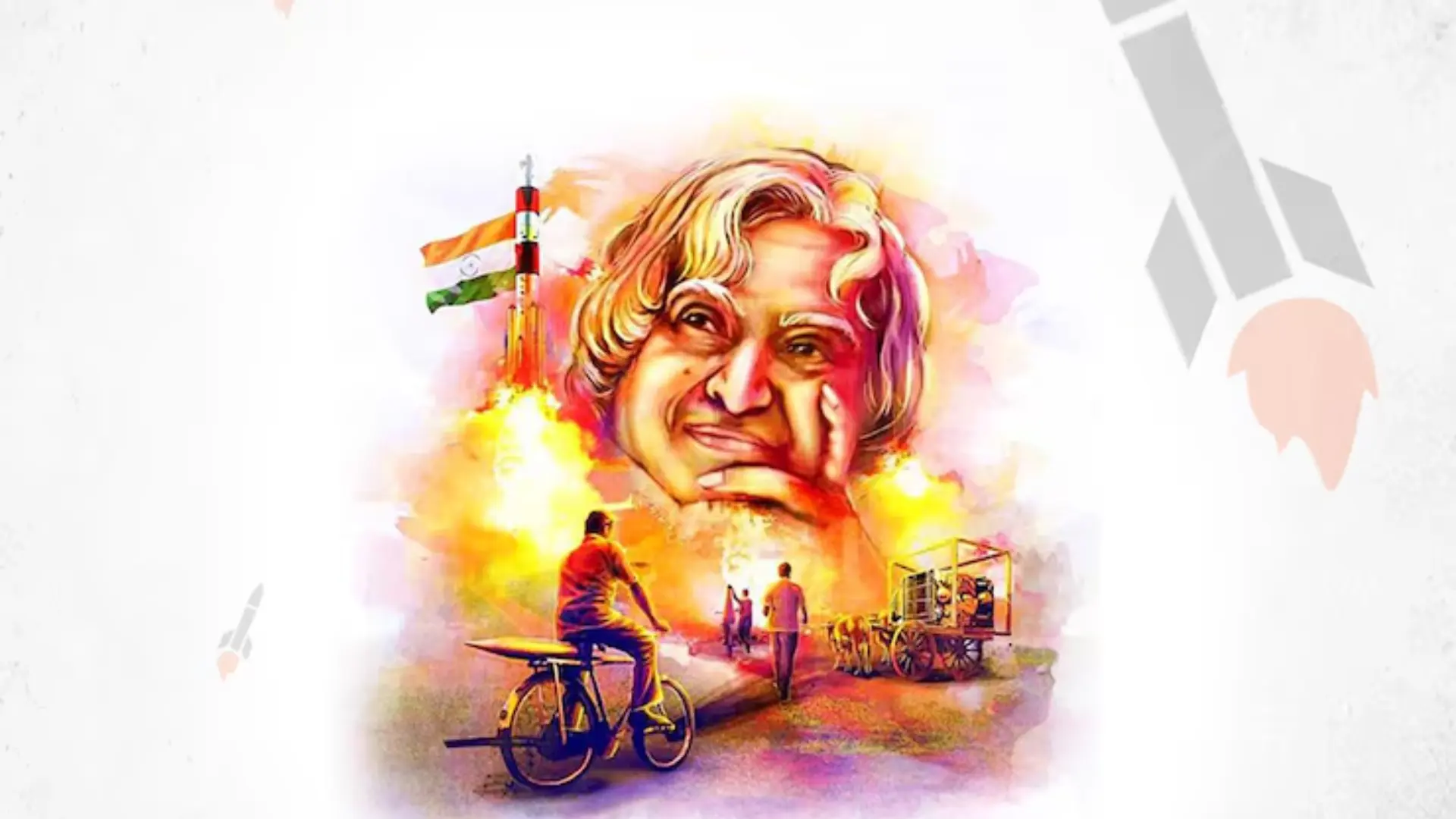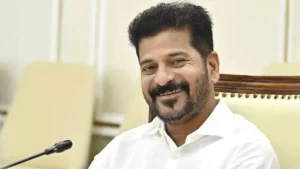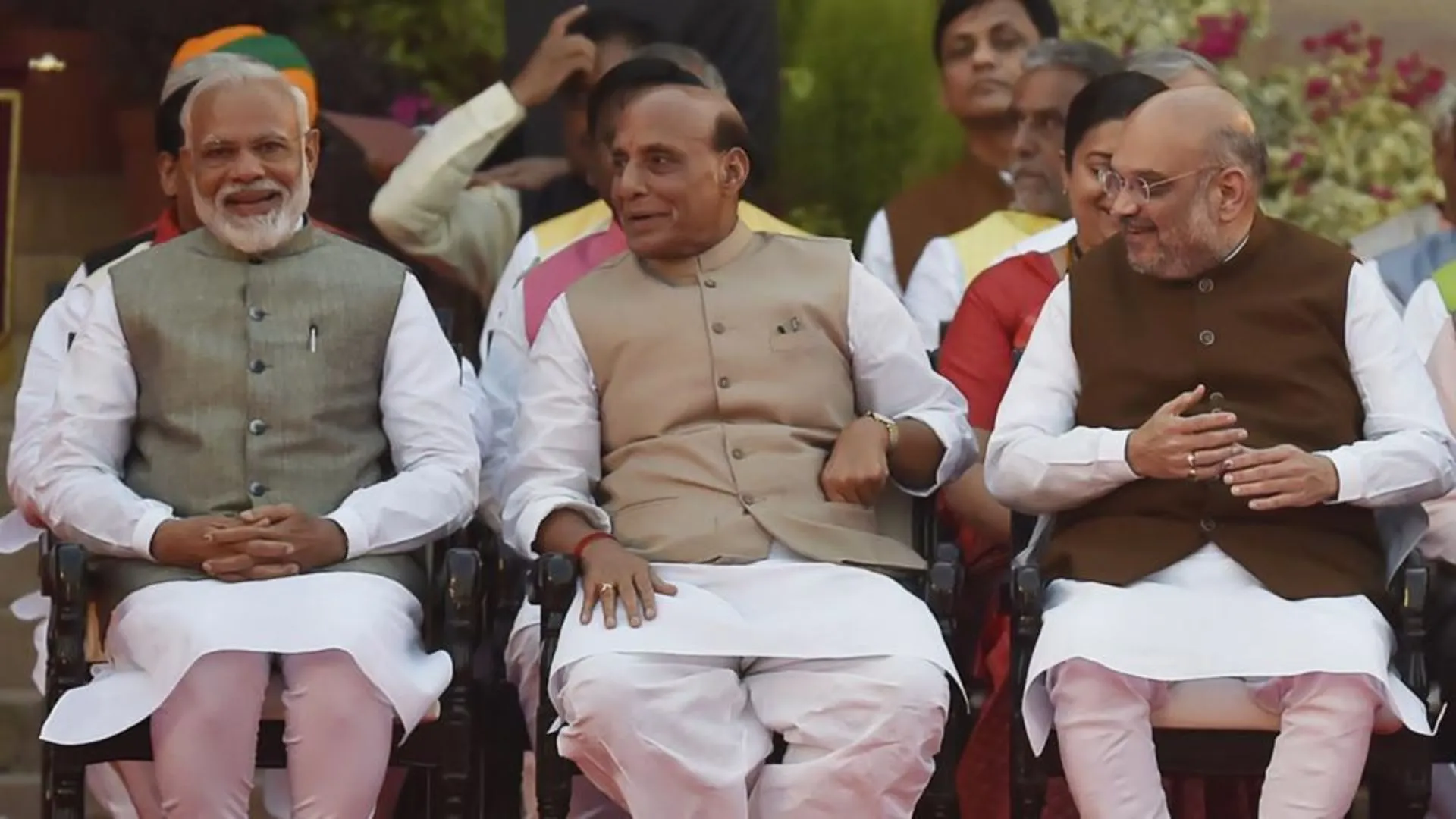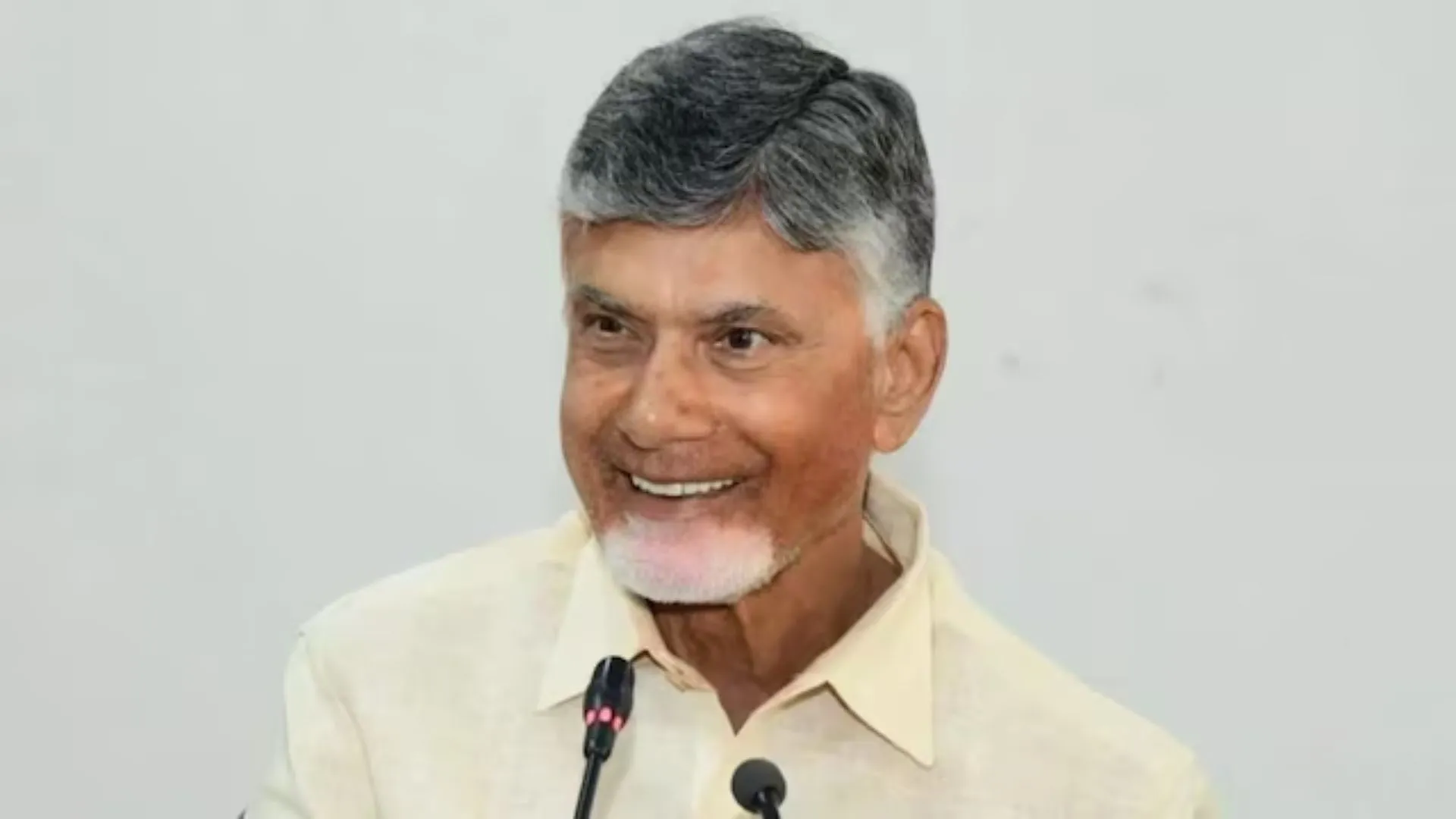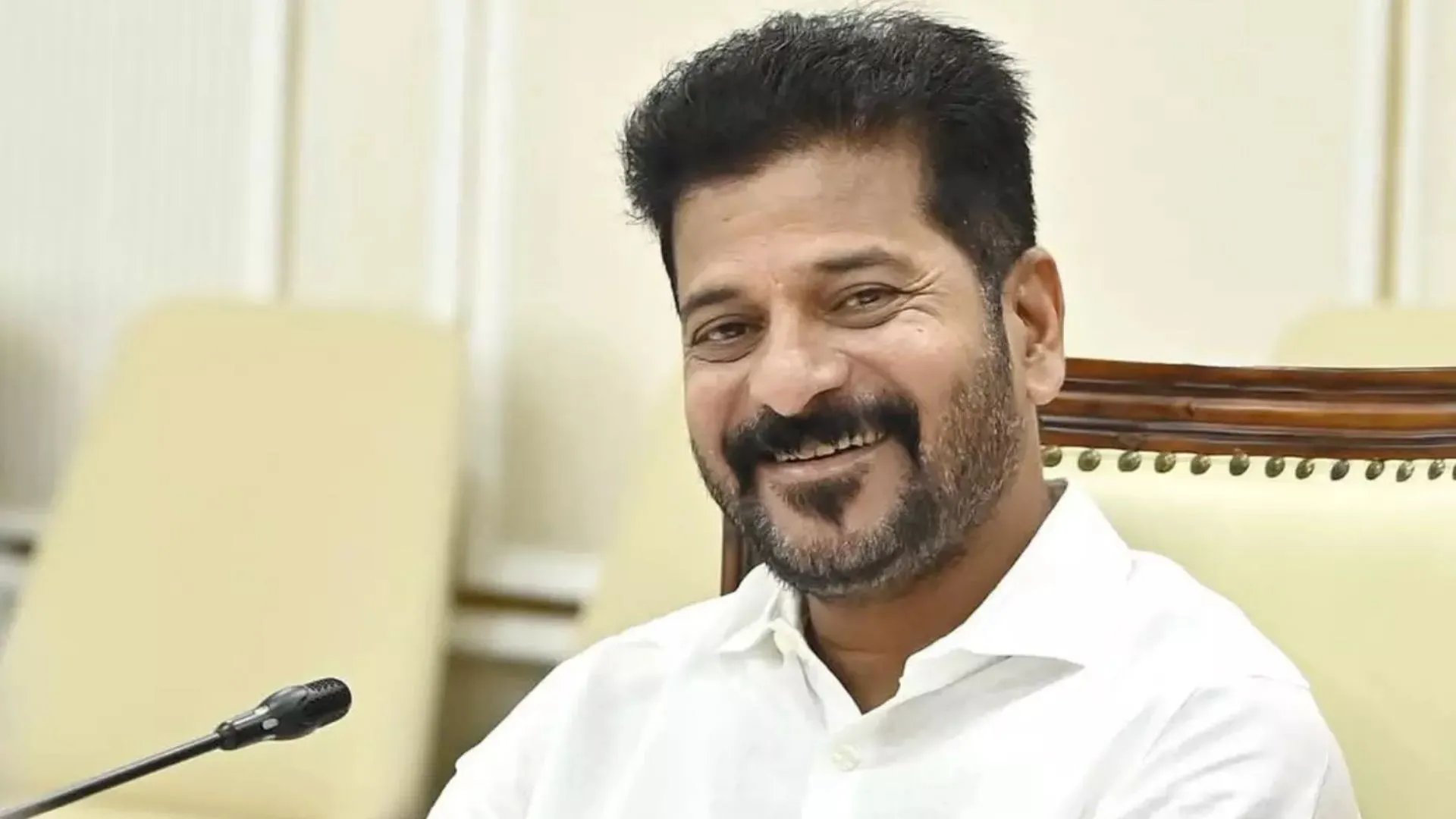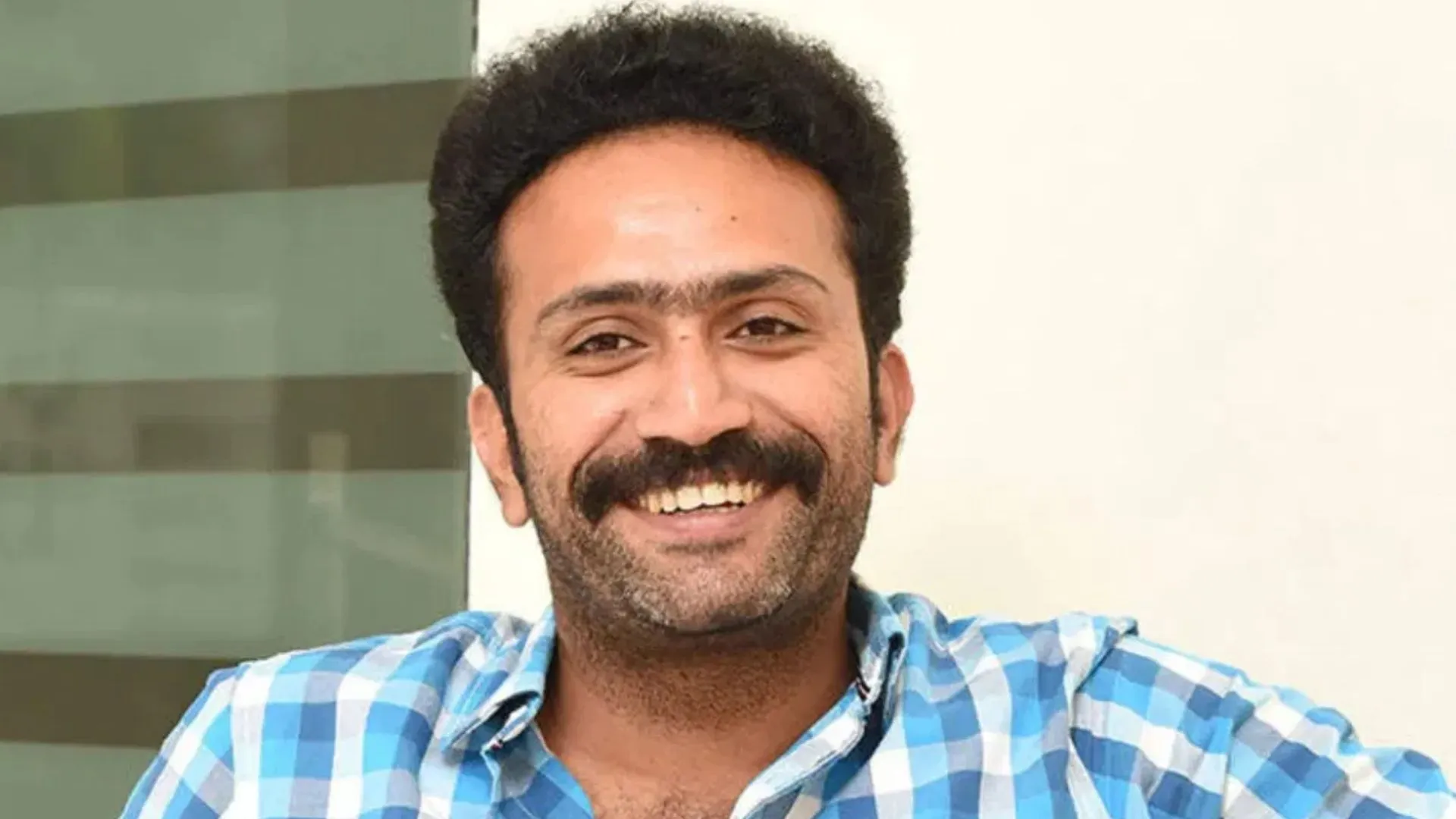Every year on October 15, the world comes together to celebrate World Student Day, a day dedicated to recognizing the invaluable role of students in shaping the future. This date marks the birthday of Dr. APJ Abdul Kalam, a beloved former President of India and an eminent scientist whose life was profoundly committed to education and youth empowerment.
Dr. Kalam’s Inspirational Journey
Born on October 15, 1931, in Rameswaram, Tamil Nadu, Dr. Kalam rose from humble beginnings to become a towering figure in Indian science and technology. Known as the “Missile Man,” he played a pivotal role in developing India’s missile program and was instrumental in the country’s nuclear tests in 1998. His achievements not only advanced India’s defense capabilities but also positioned him as a source of inspiration for countless students across the nation.
Dr. Kalam believed that the youth are the backbone of any nation, emphasizing the importance of guiding them to realize their dreams. He famously said, “The real purpose of education is not only to acquire knowledge but also to build character and contribute positively to society.” This ethos continues to resonate, reminding students that their education should encompass more than just academics.
The Purpose of World Student Day
World Student Day aims to underscore the responsibility of society towards students and highlight the significance of education in their lives. It serves as a reminder that education is not just about acquiring knowledge; it’s also about nurturing values and ideals that will shape the leaders of tomorrow.
Dr. Kalam’s teachings are especially relevant in today’s context, where many students face immense pressure and fear of failure. His mantra, “FAIL means ‘First Attempt In Learning,'” encourages resilience and positivity, inspiring students to view setbacks as stepping stones rather than obstacles. He reassured them that “END means ‘effort never dies'” and that every “NO” represents a “Next Opportunity.”
Addressing Current Challenges
In recent years, particularly in educational hubs like Kota, Rajasthan, there has been a troubling rise in student suicides, attributed to overwhelming pressure and fear of failure. As of September this year, 27 students lost their lives to this crisis, highlighting the urgent need for mental health awareness and support systems.
Dr. Kalam’s philosophy offers a glimmer of hope in such challenging times. His words can guide students towards a mindset of perseverance and positivity, reminding them that failures are merely part of the learning process. By embracing this perspective, students can find new paths and renewed motivation.


